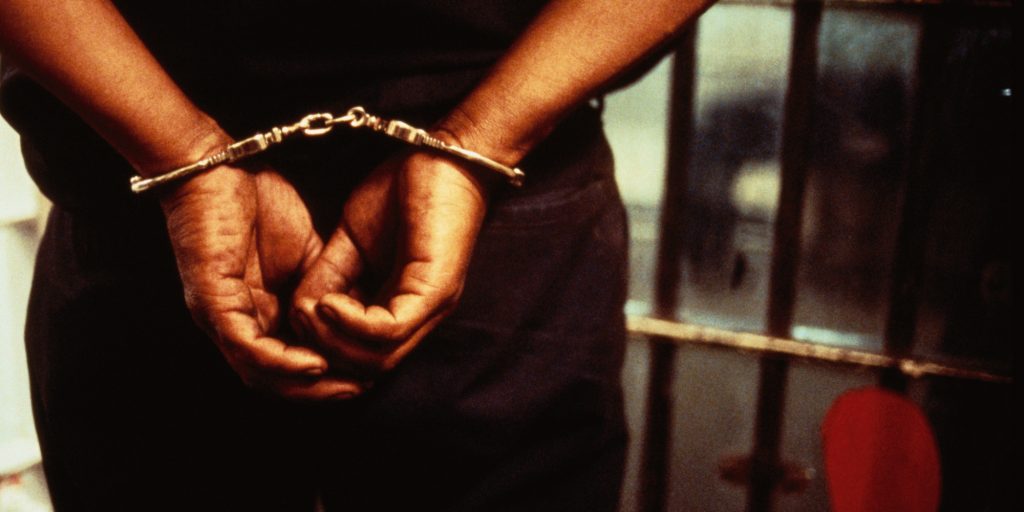Experts, researchers and people with experience on both sides of the law discussed the evolution of mass incarceration at a conference titled ‘From the Color Line to the Carceral State: Prisons, Policing and Surveillance in the 20th and 21st centuries’ on Tuesday at Stony Brook University
“We’ve moved from a system of prisoners of slavery to a slavery of prisoners,” Dr. Robert Chase, an assistant professor of history at Stony Brook University who is writing a book entitled Civil Rights on the Cell Block: Prisoners’ Rights Movements and Carceral States, said.
The carceral state refers to the overabundance of prisons and prisoners in the U.S., which contains a fraction of the world’s population yet accounts for nearly a quarter of the world’s prisoners, Dr. Zebulon Miletsky, an assistant professor of Africana Studies at SBU, mentioned as he paraphrased the data collected by the International Center for Prison Studies located at King’s College in London.
Black men are six times more likely to be incarcerated than white men at the local, state and federal level, according to a 2013 Pew Research Center Study.
While Chase looked at the importance of changing state-level legislation to end mass incarceration, Dr. Elizabeth Hinton, an assistant professor at Harvard University in the department of history and African American studies, explained the need for the federal government to take an initiative.
“National action got us into this mess, and national action will need to do something to get us out of this mess,” Hinton said.
But the process of changing the current prison system was moving along much too slowly for one man.
Joseph “Jazz” Hayden, a former prisoner of Attica—the New York prison that inmates seized control of in the 1970s to demand better treatment and racial equality—brought silence to the room of panelists after he asked if any of them had ever been to jail.
“If prisoners were here, hearing this conversation, they would walk out. The concept of prisons is simple once you’ve been inside. It’s a human being in a cage,” Hayden explained. “It’s time to stop talking about the problem. It’s time to talk about the solution.”
Malia Lazu, co-founder of the Future Boston Alliance organization meant to fuel the growth of progressive culture in Boston, said solutions are being seen at the local level. Deputy Police Commissioner Risco Mention-Lewis agreed with Lazu and explained that Suffolk police officers are now taking classes to help remove biases in order to better serve their community.
“A huge problem is the false narrative of violent, black males,” Mention-Lewis said. “We need to change that.”
Some think that the Black Lives Matter movement is important but that the protests should follow in suit with the Black Lives Matter organization.
“I don’t want this to be another Occupy Wall Street, where it dissolves after some months. We want justice,” Charles Coleman, former assistant district attorney in Kings County, Brooklyn, said.
The speakers called upon students to continue the conversation about mass incarceration that overwhelmingly targets African-Americans.
“People want to change it, but don’t know how. It starts with understanding the problem,” Mention-Lewis said.




Comments are closed.